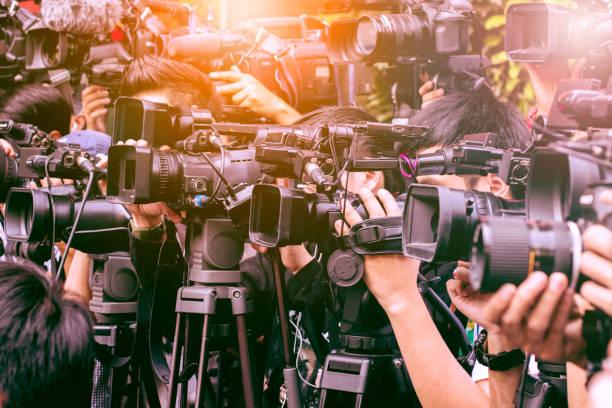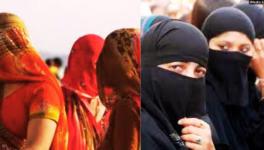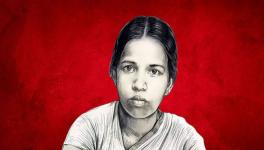International Women’s Day: DUJ Calls for ‘Less Polarised, More Inclusive’ Media

Representational image
New Delhi: On International Women’s Day on March 8, the Delhi Union of Journalists (DUJ) has called for a “more inclusive media that includes the perspectives, voices and concerns of ordinary people.”
In a statement, the DUJ noted the shrinking space for free thought and expression, marginalising “many bold, talented, creative journalists have been marginalised” and even rendering them unemployed.
Also, the polarised environment in the media had led several television anchors and print journalists to practice independent journalism and launch their own channels, many of whom “were facing threats for State and non-State actors.”
“Women journalists in particular are targeted by trolls, with sexist abuse, rape and death threats on social media,” said DUJ in a statement, adding that “many women have struggled to enter our challenging profession and make a space for themselves within it….They have fought social prejudice to work odd hours, do night shifts, travel to distant places, risk their own safety to chase a story.”
Read the full statement below:
On Women’s Day DUJ Call for a Less Polarized, More Inclusive Media
On the eve of International Women’s Day the Delhi Union of Journalists greets all our members and especially our women members. We recall with pride the huge contribution made by women journalists to the freedom of speech and expression. Many women have struggled to enter our challenging profession and make a space for themselves within it. They have made great strides in the news business, handling every beat, entering every field, ranging from politics to business to sports. They have fought social prejudice to work odd hours, do night shifts, travel to distant places, risk their own safety to chase a story. Television and social media have made women reporters very visible and they are no longer treated as an oddity.
Most journalists tend to be opinionated, informed, independent thinkers -- traits that go with the territory. However both women and men in the profession are under increasing pressure to conform, to write and report according to the diktats of media oligarchs and managements. Media barons kowtow to governments as they depend on advertising largesse to run their empires.
The DUJ deeply regrets that because of the skewed economics of the media industry and the larger business interests of ambitious media barons, journalists are forced to push a pro big business and pro government agenda. The space for free thought and expression has been shrinking and many bold, talented, creative journalists have been marginalised, even rendered unemployed.
A number of such journalists have started their own YouTube channels and many have large followings. Women still have to catch up in this area. The majority of anchors and commentators on digital news platforms are overwhelmingly male and little effort is made to include women on 'manels'.
The media, whether mainstream or digital, is dominated by upper caste males and excludes lower castes and religious and ethnic minorities. Women journalists are still a minority within the profession and sexual harassment by powerful bosses is not uncommon.
On IWD we call for a more inclusive media that includes the perspectives, voices and concerns of ordinary people. We call for a greater focus on social issues, on people’s rights to food, health care, education and a healthier greener environment. We regret the growing media obsession with flashy weddings and glamorous events.
The DUJ condemns the growing communalization of the media and its role in polarizing Indian society. Several TV anchors, both women and men, display rancour and open hostility towards opposition politicians invited to their shows, but genuflect before those from the ruling party.
In this polarized environment independent journalists face threats from both state and non-state actors. Women journalists in particular are targeted by trolls, with sexist abuse, rape and death threats on social media.
The DUJ demands that both social media companies and the government take measures to stop such anonymous abuse and threats to journalists. We demand a law to protect journalists from arbitrary arrests, raids on their homes and vengeful defamation cases against those who investigate and report the truth in these perilous times.
Get the latest reports & analysis with people's perspective on Protests, movements & deep analytical videos, discussions of the current affairs in your Telegram app. Subscribe to NewsClick's Telegram channel & get Real-Time updates on stories, as they get published on our website.























